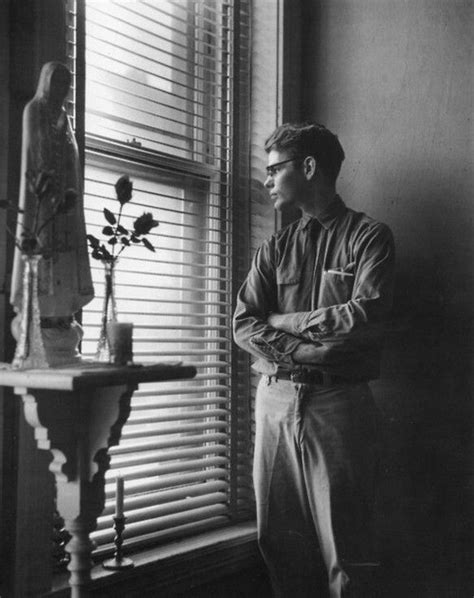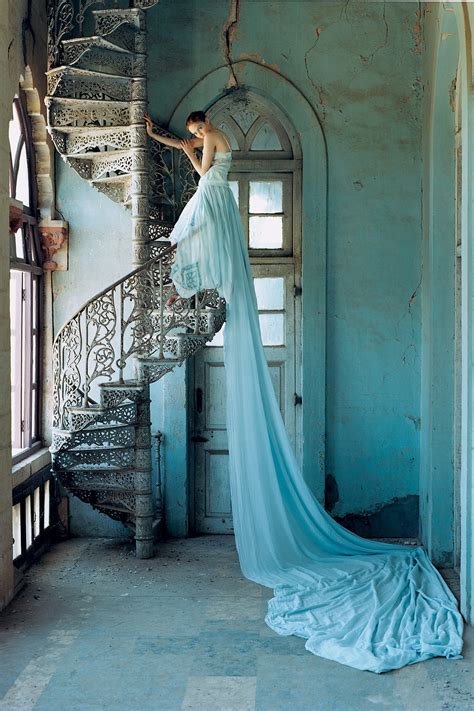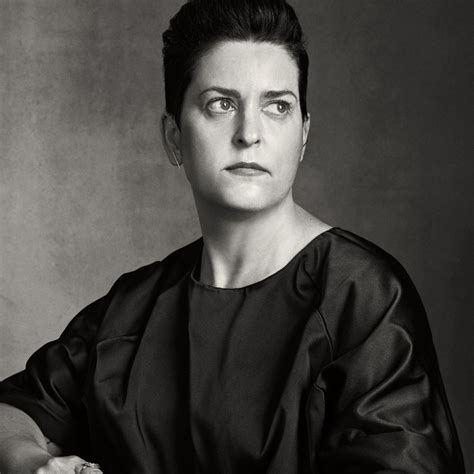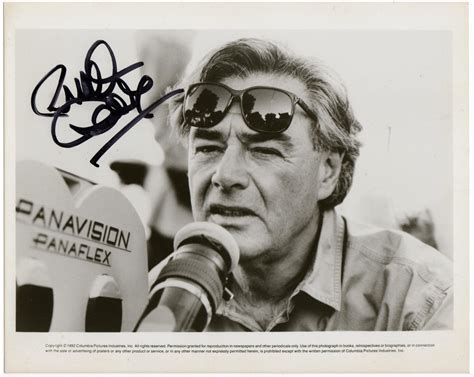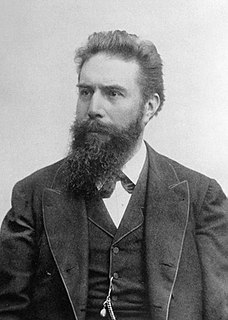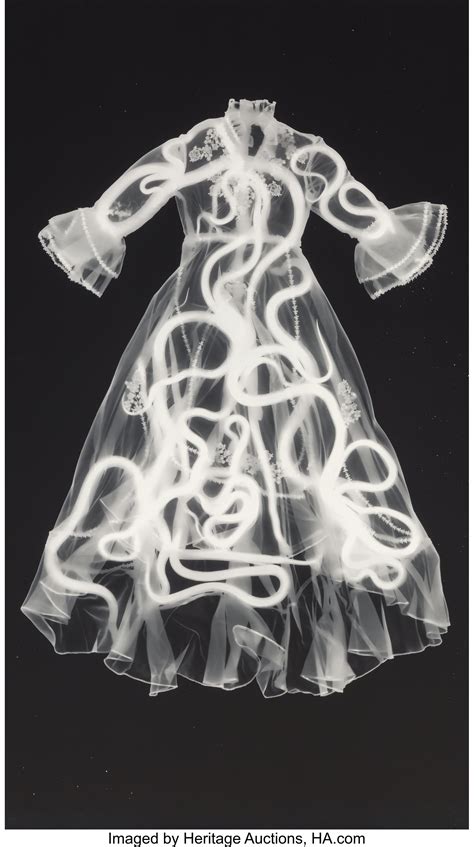A Quote by Jerome Liebling
For me photography had an immediacy... I was trying to resolve certain issues. What was fair or unfair about how people lived, and how they had to live? I thought the most penetrating and most immediate way to get to some of those questions was through photography.
Related Quotes
Photography's relationship with pornography is as old as photography. That kind of unholy relationship is formed from the very beginning, and there's a reason why: it's thoroughly enjoyable to be that voyeuristic. Voyeurism is a very old modality, and most of the history of photography is in some way related voyeurism.
The reality is that the founding fathers were land speculators. The fact was that you couldn't vote in this country if you did not own land, and that was basically you had to be a white man who owned land. Now how did they get that land? They basically had to steal it from someone, and that would be probably the Indians. And so most of the initial founding fathers were, while they may have had some really nice ideas about democracy, they had a lot of issues with people of color. They had a lot of issues with people who held things that they coveted.
It's possible to think of photography as an act of editing, a matter of where you put your rectangle pull it out or take it away. Sometimes people ask me about films, cameras and development times in order to find out how to do landscape photography. The first thing I do in landscape photography is go out there and talk to the land - form a relationship, ask permission, it's not about going out there like some paparazzi with a Leica and snapping a few pictures, before running off to print them.
I collect art on a very modest scale. Most of what I have is photography because I just love it and it makes me happy and it looks good in my home. I also have a pretty big collection of art books mainly, again, on photography. A lot of photography monographs, which is great because with photography, the art itself can be reproduced quite well in book form.
I knew Bill Cunninghamn personally, in the way that most people know him - you don't really know that much about him. So I had never been in his apartment, as most people hadn't. I really had no idea how he lived. I knew he lived in Carnegie Hall, but that was it, and I didn't really understand. I knew that he worked hard, I just didn't realize that that was what he does, that's basically all he does
I was always interested in the larger picture, I was pre-law in college, and had a degree in economics. I was very interested in the big question 'how then shall we live?,' how do we organize as a civilization when we are so different, and often don't get along, yet we know at some point we have to unite for the common good? I actually really care about those issues, and I'm driven to understand how it works.
I was attracted to photography because it was technical, full of gadgets, and I was obsessed with science. But at some point around fifteen or sixteen, I had a sense that photography could provide a bridge from the world of science to the world of art, or image. Photography was a means of crossing into a new place I didn't know.
